Book Review: Mischling by Affinity Konar

It was a coincidence that I read this book at the same time my 92 year-old Grandfather was staying with me for the week. He was born in Ukraine and sent to a work camp in Germany during WWII when he was a teenager-he has the numbers tattooed on his hand to prove it. We spoke about his experience at length over tea one day, which we hadn’t really done before because I was too afraid to ask. With the urging of my husband, and the realization that I wouldn’t get that many opportunities to talk to him like this in the future, we dove into his past that seems unbelievable to most people now. In fact, he admitted to me that many people don’t believe him when he tells his story of narrowly escaping death. But just because it’s too horrific for us to comprehend, doesn’t mean it didn’t happen. 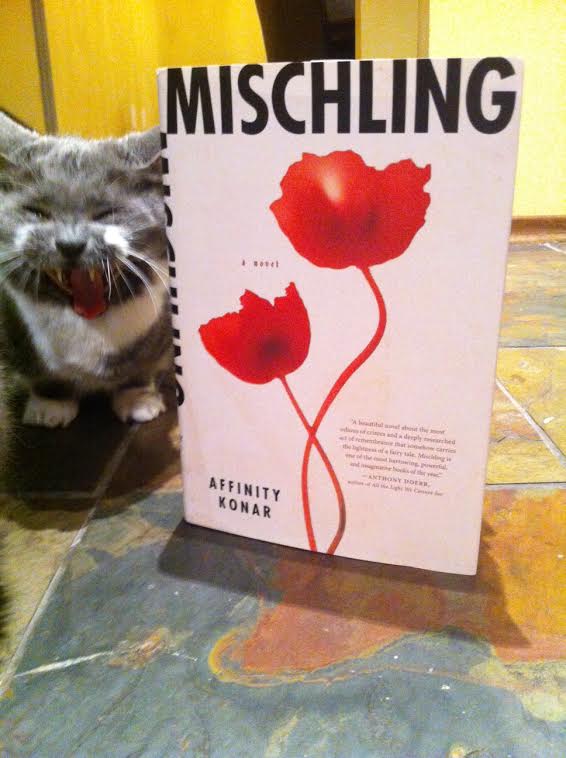
Mischling by Affinity Konar details just that; a brutal story that many would prefer to remain ignorant about, if only to spare themselves the sickening realization that no fiction writer could ever come up with something this disturbing. It lands the reader into the camp of Auschwitz, where twin sisters Pearl and Stasha are locked up in what’s nicknamed “the zoo”, because they have become the experiments of the Nazi Doctor Josef Mengele, better known as “Angel of Death” to many. Although it seems like they are headed to a better place where the food is more readily available, they are subject to the dangerous and painful whims of this doctor who uses twins as test subjects, nothing more. Doing a quick search of this topic led me to the sickening fact that Mengele tortured thousands of children like this, most of them dying a very painful death. It’s obvious that Konar has drawn from real-life occurrences for much of her book, and the story of Pearl and Stasha could very well be based on any number of sisters from Auschwitz, but her beautiful prose and outstanding character development have come together to create a novel well worth reading.

Although Pearl and Stasha are twins, they are both very different, yet you can sense their connectedness in everything they do. And Konar does not make a spectacle of them either; we don’t dwell on their physical pain, we live within their mental pain, especially when they are separated. But the book isn’t 342 pages of depressing monologues, in fact it harbours a very hopeful tone throughout, allowing both girls to express some of their childhood wonder at even their darkest times. This is part of what makes this book so compelling, because it gives the reader some respite from the awful circumstances by leading us into the playful minds of young girls forced to push their way through the horror of their day to day life.
The pacing of the book didn’t seem quite right to me, it felt like we sped up too way too fast after the war ended, so I begrudge Konar a bit for that. I wanted to know the girls were ok in the end, but I didn’t want to know so much about their future. I’m not sure why, but I felt as though the book could have ended earlier than it did, and still left me feeling content. That being said, that minor complaint isn’t enough to lessen my view of Mischling, it was a wonderful read, and I highly recommend it to everyone.

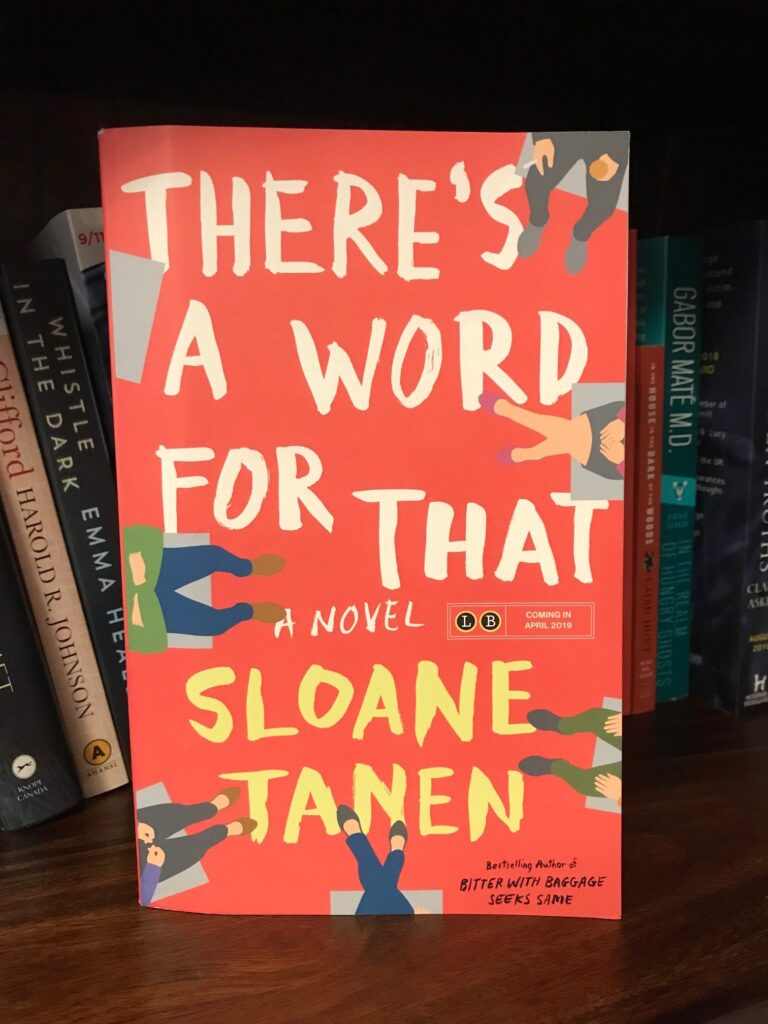
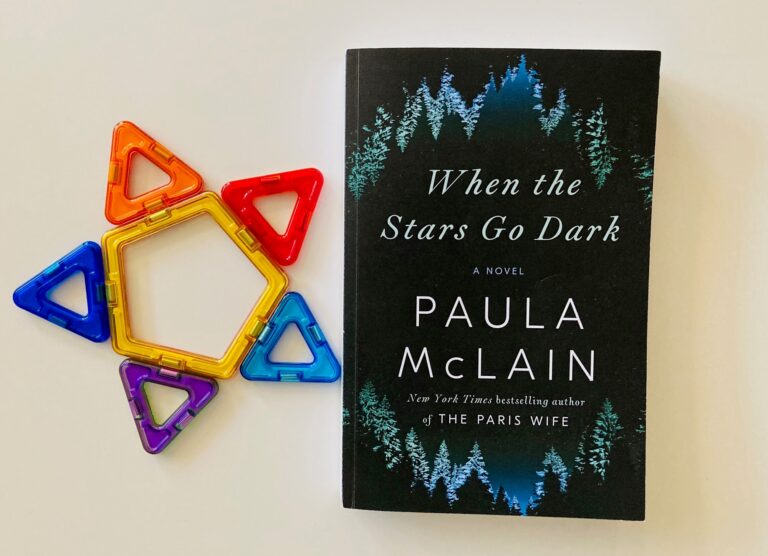
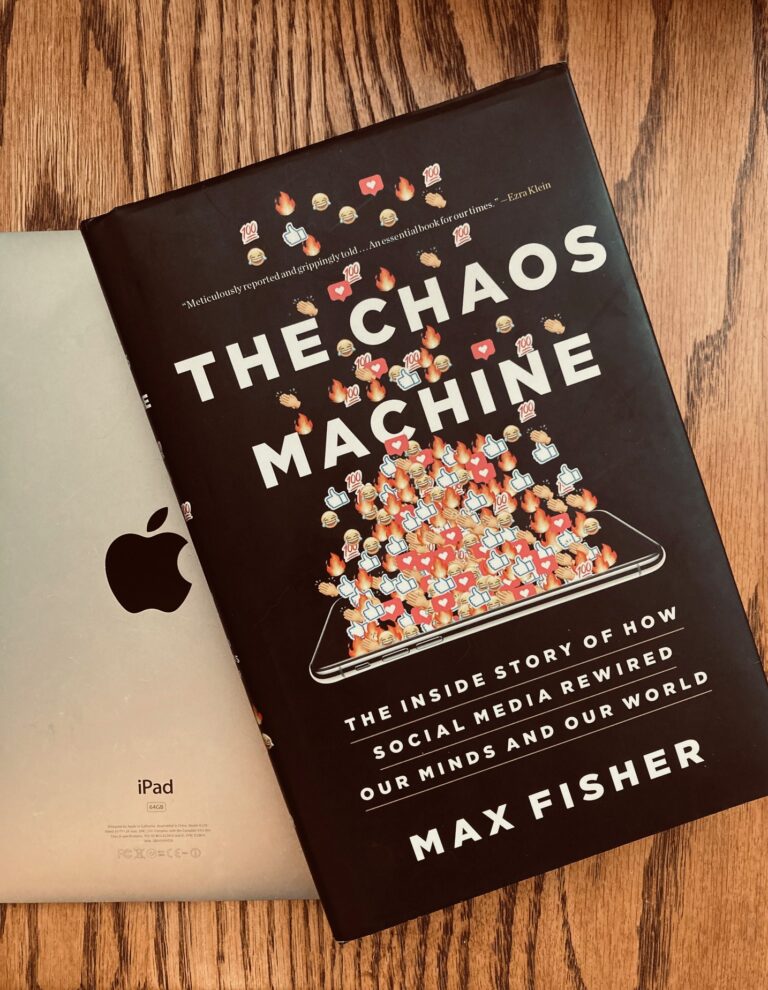

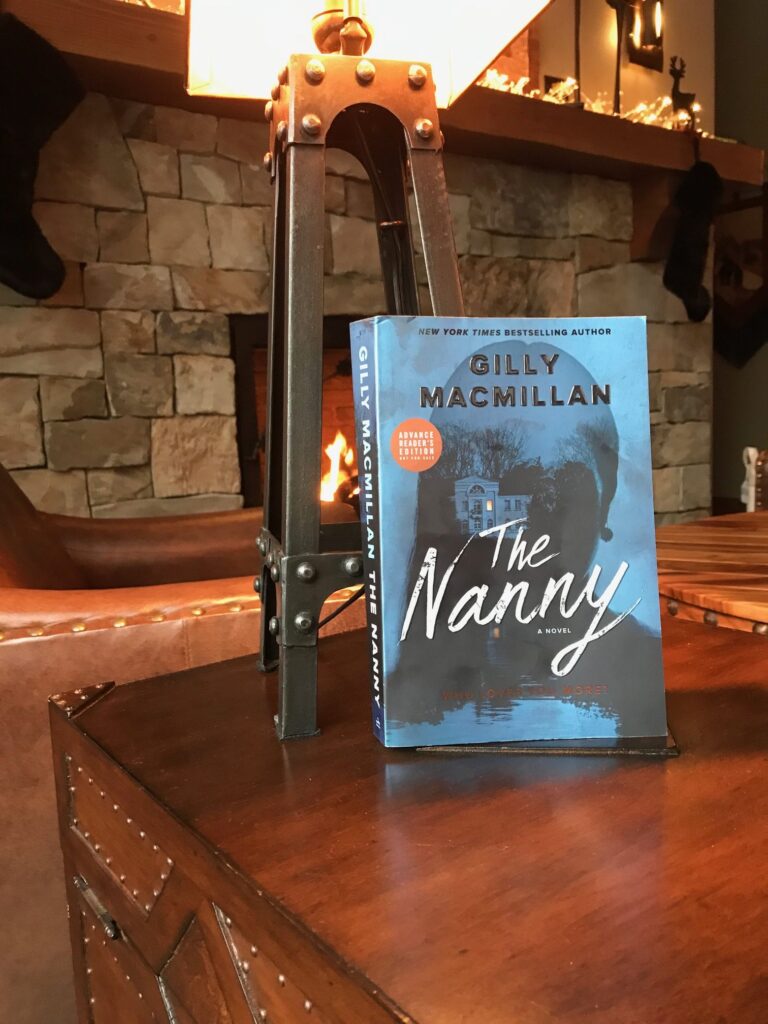
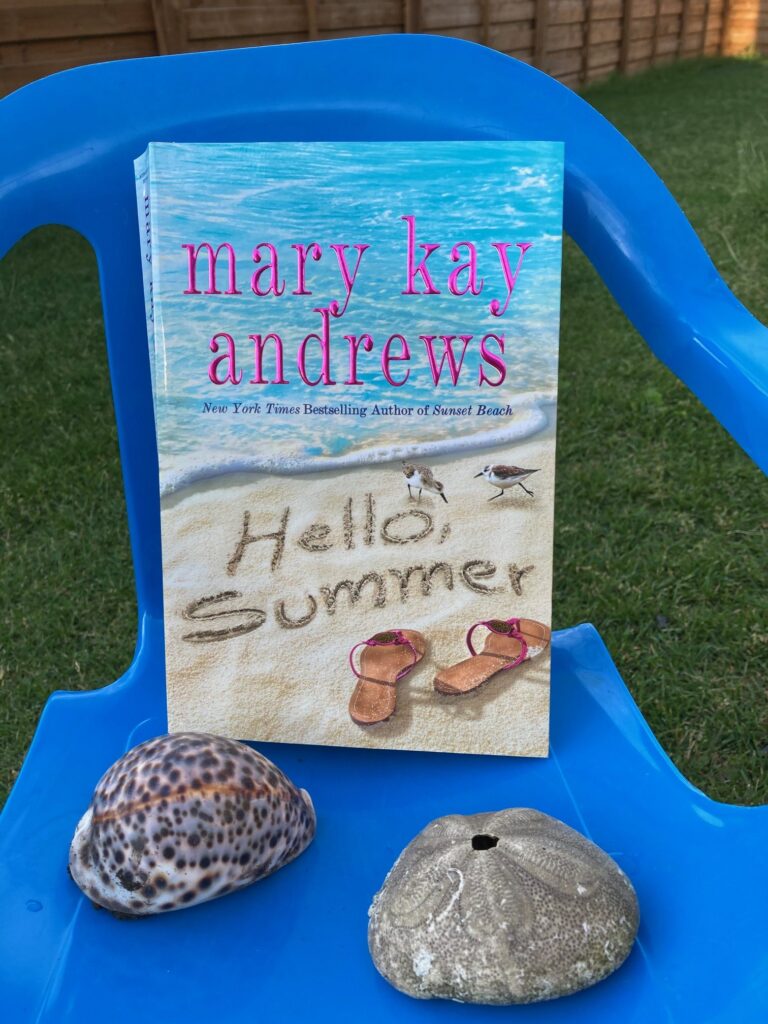
I’m glad you had that talk with your grandfather. Something I wish I had done more with both of mine.
I have this book in my giant pile, so I’m glad to hear you recommend it!
Lovely review! I agree with you about the book’s pacing. And what a blessing to be able to talk with your grandfather – how many stories he must have!
So true, it was amazing to hear some of the things he’s experienced!
Fansastic review! I’m really interested in this one, and this cinched it.
Thanks for reading my blog, and you won’t be disappointed with this book!